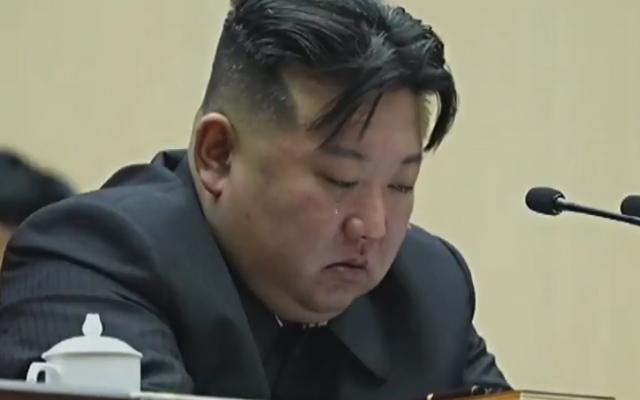Kim Jong Un's recent public emotional appeal urging North Korean women to boost childbirth raises eyebrows amid ongoing socioeconomic challenges. Critics argue that before encouraging population growth, the regime should address citizens' pressing needs, such as access to essentials and improved living conditions, and Basic necessities for life. The reason women have stopped having children is that North Korea grapples with severe challenges, primarily driven by chronic food shortages and a scarcity of basic necessities. Agricultural struggles, adverse weather conditions, and outdated farming practices contribute to persistent food shortages, leading to widespread malnutrition and starvation, particularly among vulnerable groups. The World Food Programme emphasizes the urgent need for international aid to alleviate hunger's dire consequences. Beyond food, access to basic necessities is a pressing concern. Outdated infrastructure results in limited access to clean water and electricity, increasing Health risks and hindering daily life.

The healthcare system faces significant challenges due to resource shortages and outdated medical equipment as well as lack of funding as a whole. While humanitarian organizations work to provide assistance, North Korea's closed society and international sanctions complicate relief efforts. Balancing political concerns with the imperative to address the humanitarian crisis remains a delicate challenge for the global community.The international community grapples with deciphering the sincerity of Kim Jong Un's emotional appeal as he seeks to balance demographic concerns with geopolitical considerations within the confines of a rigid political framework Finally, Kim Jong Un, appears to prioritize the decline in population solely for its impact on his political standing rather than the well-being of his citizens. While the regime's focus on population decline may ostensibly be rooted in concerns about the nation's strength and stability, it is increasingly evident that Kim's primary motivation is the preservation of his own political power. The depopulation issue serves as a convenient tool for the dictator to consolidate control over the isolated nation. By framing the population decline as a national crisis, Kim Jong Un positions himself as the savior, reinforcing his image as the indispensable leader needed to guide the country through challenging times. As he prioritizes personal power over the prosperity and happiness of the North Korean population. It's a stark reminder of the oppressive nature of his regime and the manipulation tactics employed to maintain his dictatorial rule. The plea for increased childbirth in North Korea highlights a delicate balancing act that invites scrutiny. Whether it brings positive change or serves as a strategic maneuver remains uncertain as the world watches this enigmatic nation.













Recent Comments